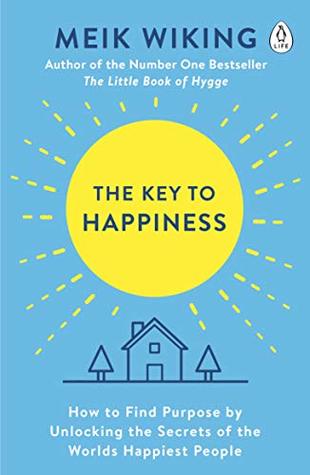More on this book
Community
Kindle Notes & Highlights
by
Meik Wiking
If you are happier than your neighbour, who has the bigger house, the fancy car and the perfect spouse, by our measures, you are the one that is doing something right.
We are drawn in by the illusion of connection without the demands of intimacy, and while there are positive aspects of social media, for example, keeping in touch when geographically apart, we find that people who reduce their consumption of social media are happier and connect more in the real world.
For the ambitious among us, once we reach our goal we soon formulate another to pursue. This is the hedonic treadmill. We continuously raise the bar for what we want or feel we need in order to be happy – and the hedonic treadmill spins faster with ambition. In other words, the downside to being ambitious is a constant sense of dissatisfaction with our achievements.
we are spending money we don’t have to buy stuff we don’t need to impress people we don’t like.
Law of Jante, but I do think we tend to overlook one positive aspect: it does seek to curb conspicuous consumption,
The ancient Greek stoic and philosopher Epictetus once said that wealth consists not in having great possessions but in having few wants.
So how do we get most bang for our buck when it comes to happiness?
When people from a higher social class are more aware of their upper-class status, they are more likely to engage in antisocial behaviour, to be less compassionate and to feel that they are entitled. Or, to use the scientific term for individuals engaging in antisocial behaviour: ‘assholes’.
why do we tend to zero in on the negative? Maybe we are negative because it makes us sound smarter.
But to me it would be foolish not to notice when a man turns kindness into happiness or when a woman discovers a well-being beyond material wealth. And once we have gathered enough pieces of evidence, we might start to see a connection between these things.


